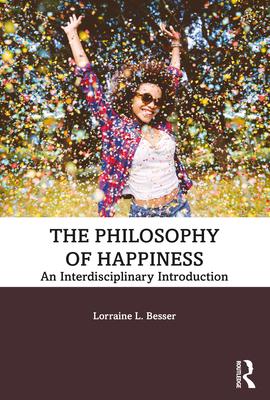Emerging research on the subject of happiness-in psychology, economics, and public policy-reawakens and breathes new life into long-standing philosophical questions about happiness (e.g., What is it? Can it really be measured or pursued? What is its relationship to morality?). By analyzing this research from a philosophical perspective, Lorraine L. Besser is able to weave together the contributions of other disciplines, and the result is a robust, deeply contoured understanding of happiness made accessible for nonspecialists. This book is the first to thoroughly investigate the fundamental theoretical issues at play in all the major contemporary debates about happiness, and it stands out especially in its critical analysis of empirical research. The book's coverage of the material is comprehensive without being overwhelming. Its structure and pedagogical features will benefit students or anyone studying happiness for the first time: Each chapter opens with an initial overview and ends with a summary and list of suggested readings.
